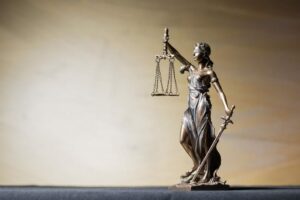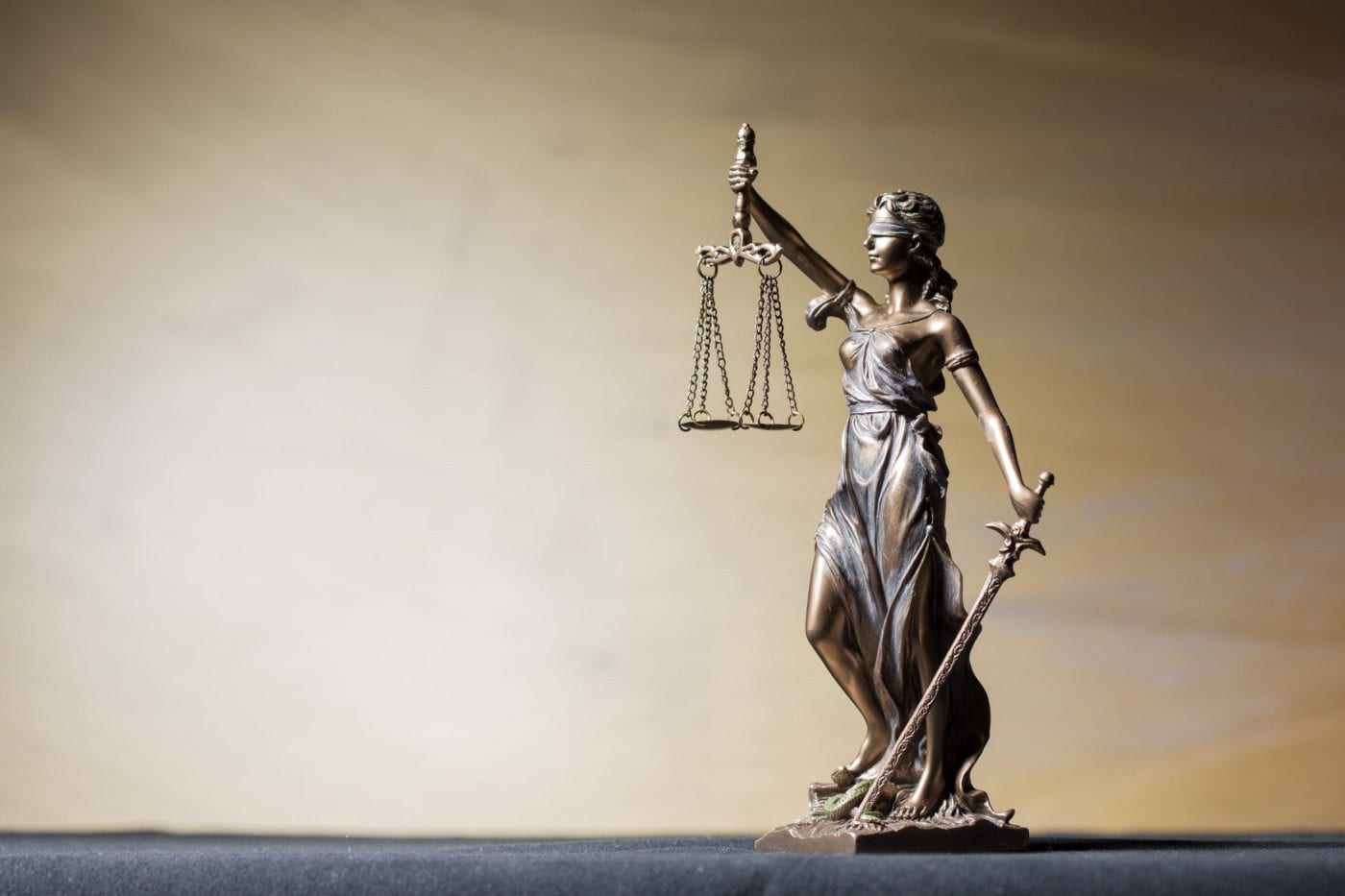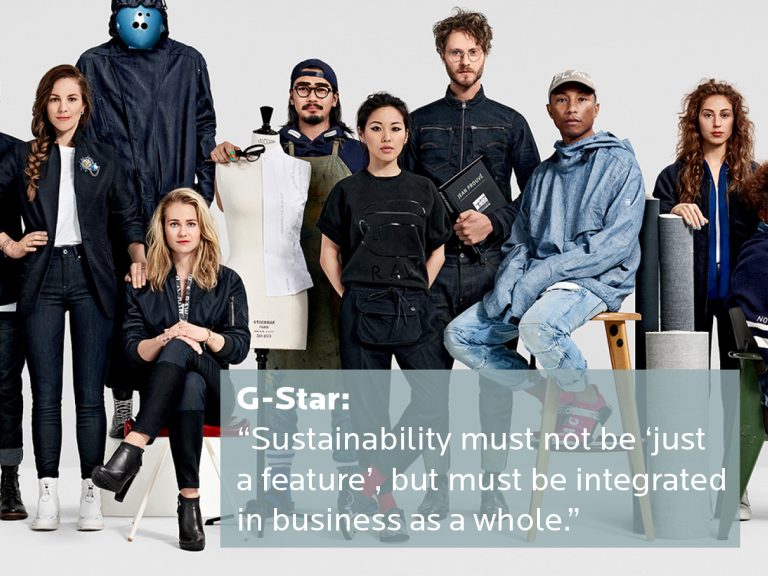
‘G-Star is taking on the challenge to do good for the planet and look good while doing it’
Als het op mode aankomt, is 100% duurzaam ondernemen een grote uitdaging.
De productieketen van textiel en mode heeft een enorme voetafdruk en de transparantie is vaak nog ver te zoeken, terwijl de vraag om duurzame producten juist groeit. Het is hoog tijd dat kledingmerken hun focus verleggen en van duurzaamheid een geïntegreerd onderdeel maken. Een interview met Frouke Bruinsma, corporate responsibility director van G-Star. Hoe creëert het bekende Nederlandse denimmerk duurzame impact vanuit haar eigen filosofie?
‘Just the product’ philosophy
Om als kledingmerk steeds groener te worden, heeft G-Star zich altijd gefocust op ‘Just the product’. Sinds 2008 is G-Star een pionier op het gebied van ‘sustainable denim’. In 2011 lanceerde ze een RAW Sustainable collectie met drie duurzame lijnen: RAW Nettle, RAW Recycled and RAW Organic. In 2012 kwam het echte keerpunt waarin G-Star besloot om duurzame materialen te gebruiken in de gehele collectie. Het steeds opnieuw uitvinden van de gebruikte materialen en de sociale en milieukundige impact die bij de productie komt kijken, staan nu in de collecties en het merk centraal. Binnen de kaders van hun eigen ‘RAW’ stijl zoeken ze steeds naar vernieuwing.
‘Het doel is om uiteindelijk het complete productieproces te verduurzamen en duurzcsraamheid door te voeren in ook alle andere aspecten van de bedrijfsvoering’ legt Bruinsma uit. ‘we zijn ervan overtuigd dat duruzaamheid niet slechts een kenmerk moet zijn, van de productieketen, maar geïntegreerd moet zijn in de hele bedrijfsvoering.’
Bron en volledig artikel: marketingonline







